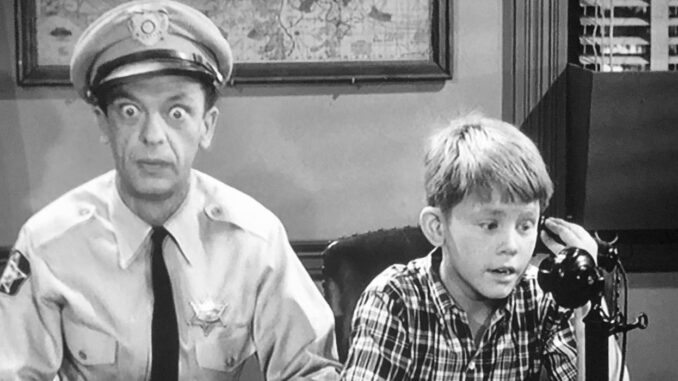
“`html
Opie Taylor, the tow-headed, all-American boy of Mayberry, was often perceived as the innocent foil to his wise and worldly father, Andy. However, a seemingly insignificant event – Opie writing and sharing a poem – acted as a catalyst, forcing Andy to confront certain aspects of his own character and parenting style. Opie’s poetry, born from his genuine observations and feelings, held a truth that resonated with Andy, leading to a profound period of self-reflection.
Opie’s Honest Verse: A Mirror to Andy’s Soul
The impact of Opie’s poetry wasn’t necessarily due to its technical brilliance. Rather, it stemmed from its raw honesty. Opie wrote about things he saw, things he felt, and the world as he understood it. This unvarnished perspective, untainted by cynicism or societal expectations, was precisely what challenged Andy. For example, perhaps Opie penned a simple verse about the loneliness of an elderly neighbor, Mrs. Crump:
- “Mrs. Crump sits on her porch all day,”
- “Watching the cars just drive away.”
- “I wish someone would stop and say hello,”
- “So Mrs. Crump wouldn’t feel so low.”
Such a poem, even if grammatically imperfect, would likely stir something within Andy. He might realize that he, too, had become preoccupied with his duties as sheriff and caregiver, perhaps overlooking the simple act of neighborly kindness that Opie so clearly recognized. Andy’s reflections might involve:
- Whether he’d become too focused on maintaining order and neglecting individual needs.
- If his adult perspective had blinded him to the simple truths that children often see.
- If he was truly leading by example, or merely imposing his own values without fostering empathy.
The honesty in Opie’s poetry acted as a corrective lens. Andy, always striving to be a good father and a responsible member of the community, was not immune to flaws or moments of oversight. Opie’s simple words, devoid of judgment, offered a gentle nudge towards self-improvement.
Furthermore, Opie’s act of sharing his poetry itself was significant. It demonstrated a trust in his father’s ability to understand and appreciate his perspective. This trust, however, came with a responsibility. Andy couldn’t simply dismiss Opie’s observations as childish naiveté. He had to engage with them, to truly listen and consider the validity of his son’s point of view. This engagement led to introspection, forcing Andy to reconcile his idealized image of himself with the realities of his own actions and inactions. In essence, Opie’s poetry wasn’t just about the words on the page; it was about the unspoken communication between father and son, and the powerful potential for growth that existed within that relationship. Andy’s willingness to listen and learn from his son ultimately solidified their bond and made him an even better father, and a better man.
“`